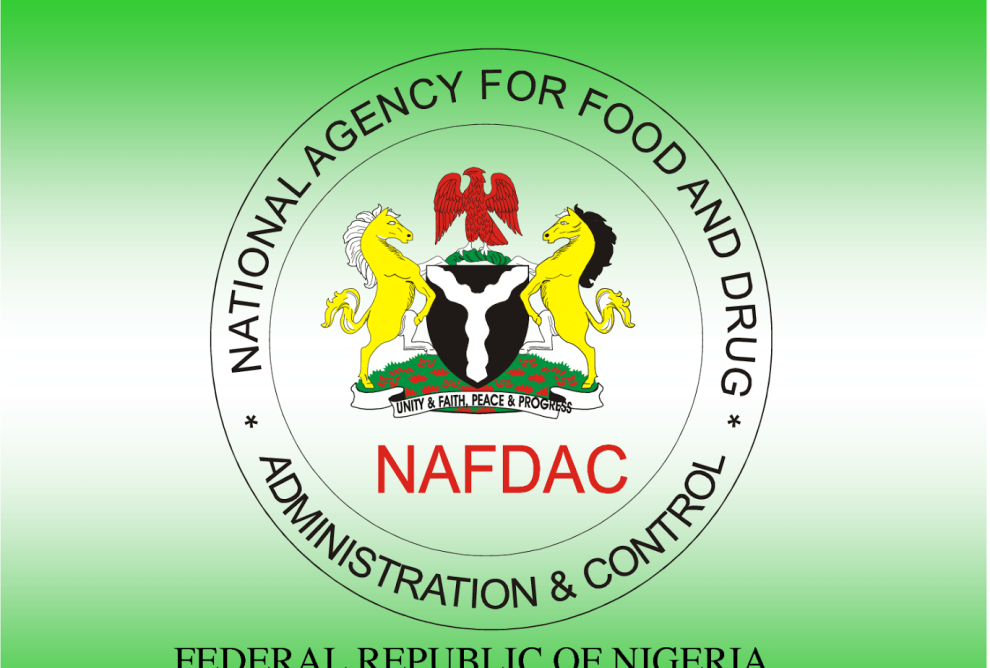Lagos, Nigeria – Nigeria’s National Agency for Food and Drug Administration and Control (NAFDAC) has uncovered a significant illegal operation in the Alapere area of Ketu, Lagos State, involving the sale of fake chemicals, expired food flavours, unauthorised fertilisers, and repackaged pharmaceutical raw materials valued at over N1 billion (approximately $670,000 USD).
In a statement released on Tuesday, NAFDAC confirmed that three suspects were arrested, and three warehouses filled with dangerous substances were sealed during the operation. Dr. Martins Iluyomade, NAFDAC’s Director of Investigation and Enforcement, told journalists that the raid followed credible intelligence regarding a criminal network engaged in large-scale food and chemical counterfeiting.
“This is one of the campaigns our agency is carrying out to protect the health of Nigerians,” Dr. Iluyomade stated. “We received information about individuals posing as legitimate business operators while engaging in activities that seriously endanger public health.”
He explained that the core of the offence was the sale and repackaging of expired chemicals, some of which were being dangerously redirected for use in food and drug production. “Chemicals are either precursors for other materials or are directly used in the production of consumable goods. Using expired chemicals means that the final product cannot be safe or effective. That is a serious health risk,” Dr. Iluyomade warned.
Investigations also revealed the presence of several controlled substances and high-risk materials, including fertilisers that require special clearance from the National Security Adviser, all stocked without proper authorisation. “This individual had fertilisers and additives meant to be handled only by licensed end users or government agencies,” he added.
A particularly disturbing discovery, according to Dr. Iluyomade, was that “many of these food-grade products came from a registered importer, yet found their way into unregulated hands. This suggests complicity or negligence at the top.”
Dr. Leonard Omokpariola, NAFDAC’s Director of Chemical Evaluation and Research, provided a detailed list of the dangerous items recovered. “We found expired food flavourings, roasted beef, roasted chicken, Chinook, tiger nut and active pharmaceutical ingredients like metronidazole benzoate,” he said. “We also discovered caustic soda, urea fertiliser, and propylene glycol all stored in unsafe, junkyard-like conditions.”
Dr. Omokpariola described the warehouse as a makeshift repackaging hub, where expired substances were rebranded with new labels and expiry dates, some falsely marked as far ahead as 2026, and bearing false claims such as “Made in China” and “QC certified.” He further explained, “This person was printing and applying expiry labels himself. Many items that had already expired were relabelled to appear valid. We even found excipients and cola additives, highly restricted substances which he had no license to possess.”
NAFDAC officials stressed that expired food-grade and pharmaceutical-grade chemicals cannot be revalidated and must be destroyed using agency-approved protocols. “This is more dangerous than expired paracetamol,” Dr. Omokpariola cautioned. “When a drug expires, you can choose not to take it. But when expired chemicals are used to make drugs, you won’t know unless a lab test is done. That’s the real danger.”
Dr. Omokpariola added that NAFDAC is expanding its investigation beyond the suspects found on site. He stated, “The suspect must surrender to the Investigation and Enforcement Directorate in Apapa immediately. If he fails to show up, we will find him. We are also probing the companies that sold these materials, especially registered multinationals who may have enabled this illegal operation.”
He warned companies handling chemicals to adhere to proper disposal procedures. “If you have expired products, NAFDAC has clear guidelines on how to destroy them. Do not pass them off to unauthorised individuals. There will be consequences,” he concluded.





Add Comment